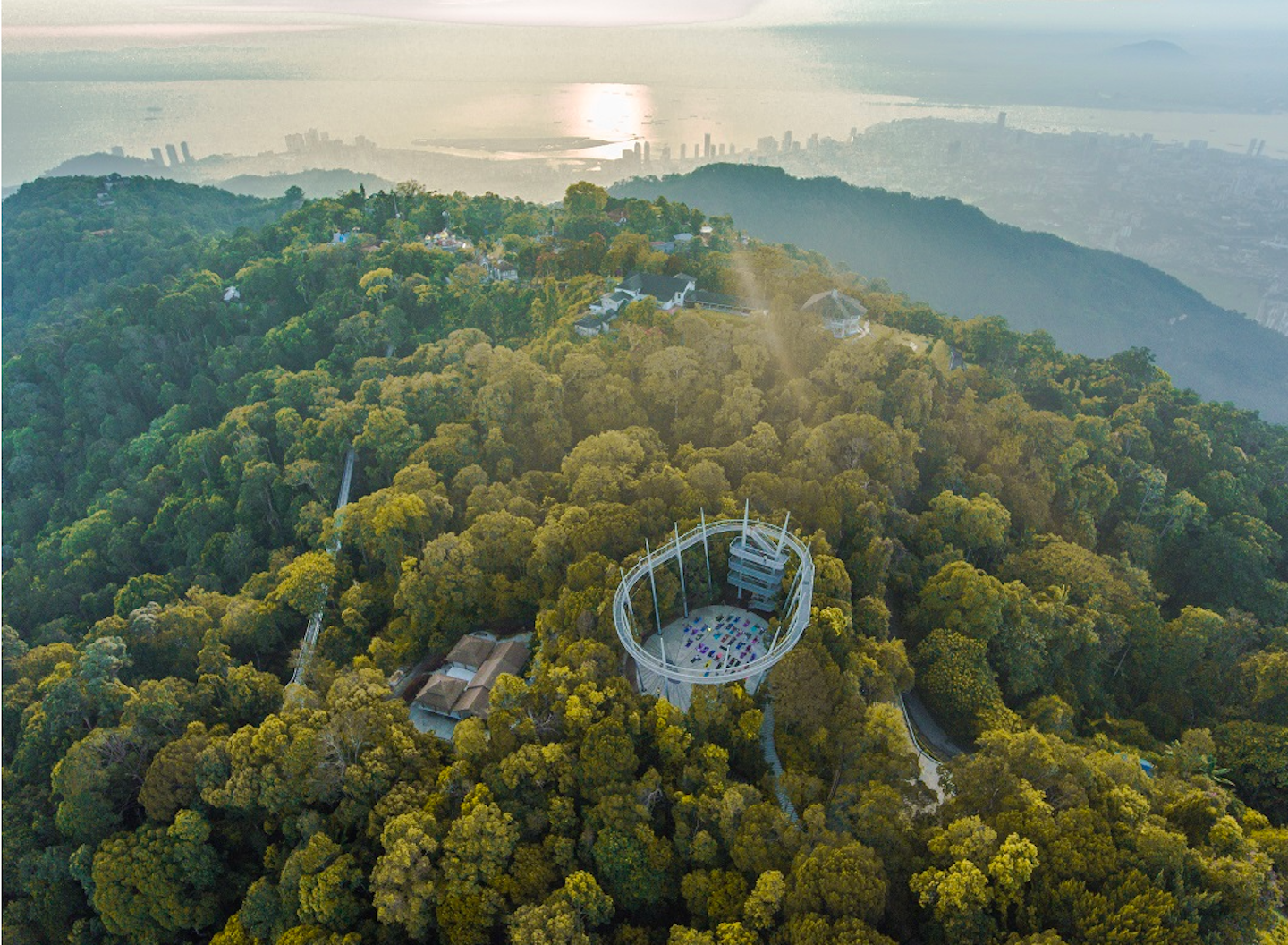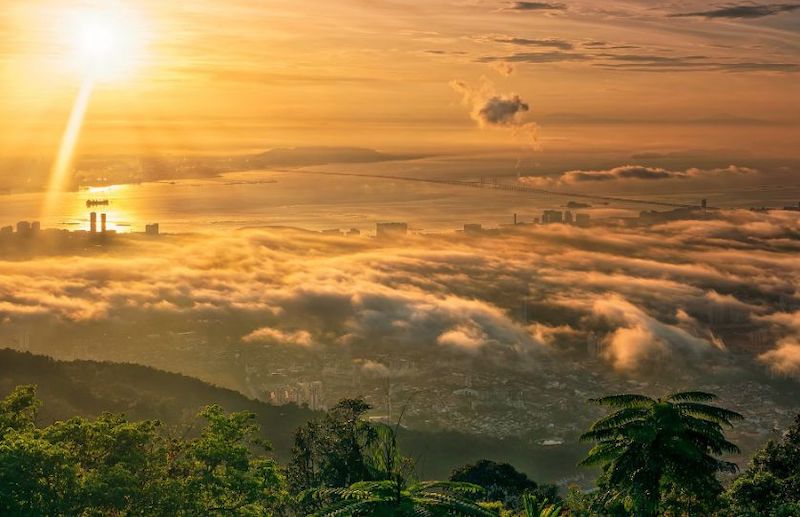
Established in 2016, The Habitat Penang Hill is a world-class rainforest discovery and interpretation centre, which also offers panoramic views of magnificent rolling hills (Photo: The Habitat Group)
Penang has just received its second Unesco recognition with the listing of Penang Hill as a Unesco biosphere reserve. The acknowledgement was a success for Malaysia in general, and the Penang government, in the management of areas of biodiversity importance as well as the commitment to implement sustainable development.
Bukit Bendara is the third national biosphere reserve, right behind Pahang’s Tasik Chini and Sabah’s Banjaran Crocker, which were recognised under the Man and Biosphere Programme by Unesco in 2009 and 2014 respectively. The north-western part of Penang Island will be counted among a distinguished global network of 714 Biosphere Reserves across 129 countries.

Covering a total land area of 12,481 hectares, the Bukit Bendera biosphere reserve — which encompasses the State’s Forest Reserves, the historic Penang Botanical Gardens, Penang National Park, and coastal and marine ecosystems in an unbroken link from the hill to the sea — is a green lung for Penang.
The biosphere reserve also hosts three main ecosystems, namely forested, coastal and marine areas, each of which are home to a melange of flora and fauna, including endangered mammals and migratory birds.
“So far, there are 2,456 plant species, 131 fungi species, 300 arthropod species, 157 vertebrate species, 26 amphibious species, 87 reptile species, 150 bird species, 30 mammal species and five marine species in the area," said Energy and Natural Resources (KeTSA) Minister Datuk Seri Takiyuddin Hassan.
“Twenty species of flora and 550 species of fauna in the area have been listed as endangered in the International Union for Conservation of Nature’s Red List (IUCN Red List), such as turtles, dolphins, pangolins, slow lorises and Penang Island rock gecko,” he added.
The Habitat Group, which operates a world-class rainforest discovery centre and eco-park set amid an ancient rainforest atop the storied Penang Hill, is equally proud of the achievement.
"The UNESCO designation today is confirmation that all our joint efforts have been wellinvested and we are optimistic that with the history of close collaboration among all key agencies, it will signal the beginning of an exciting and meaningful journey towards our common vision.
"Going forward, The Habitat Group remains committed to showcasing nature on Penang Hill and realising the potential Penang Island has to become an important global centre for tropical research and conservation, environmental education, and best practice in sustainable natural resource management at a time in our planet’s history where the healing power of nature, and environmental leadership have never been more important," said co-founders Dato’ Harry A. Cockrell and A. Reza Cockrell in a joint statement.
Read more about the news here.


